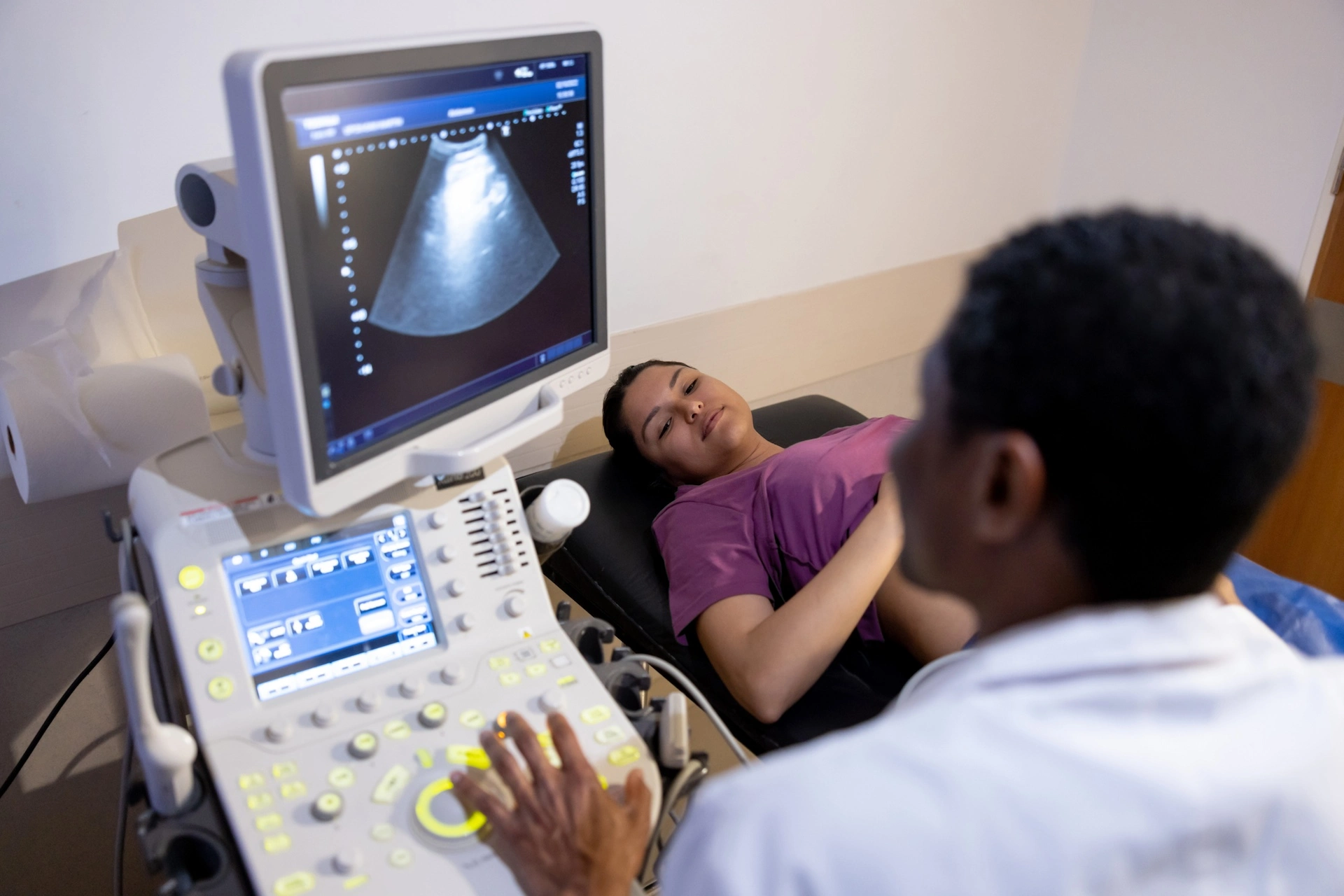April is Autism Awareness Month; a new body of Kaiser Permanente research highlights the needs of people with autism transitioning from pediatric to adult health care.
For several decades, autism researchers have sought to understand why autism rates in children have skyrocketed. As those children become adults, they are now trying to understand why adults with autism experience significantly higher rates of other illnesses, risk factors for chronic disease, and mental health issues.

“A large part of our work seeks to identify health care needs of adults with autism, and to help clinicians better understand how to serve this growing cohort,” said Lisa Croen, PhD, director of the Kaiser Permanente Northern California Autism Research Program, based at the Division of Research.
For more than 15 years, the program has worked to identify genetic and environmental risk factors for autism spectrum disorders, and understand patterns of detection, diagnosis, and utilization of health services. Now a new body of research seeks to understand the health-care needs of people with autism as they transition from pediatric to adult health care, with the goal of identifying tools and strategies to help clinicians ease the path for their patients with autism and ultimately improve their overall health.
Higher health care utilization
The Autism Research Program’s newest study on adults with autism, “Healthcare Service Utilization and Cost Among Adults with Autism Spectrum Disorders in a U.S. Integrated Healthcare System,” by Ousseny Zerbo et al., was published April 24 in the inaugural issue of a new journal Autism in Adulthood. Croen also serves as deputy editor of the journal.
Their study compared more than 1,500 adults with ASD to adults with attention deficit hyperactivity disorders (ADHD) or those with neither condition. Compared to adults with ADHD, those with ASD had significantly higher utilization of outpatient visits (74.2% vs. 66.6%), mental health (43.3% vs. 33.2%) and laboratory services (60.9% vs. 54.4%); the differences were even larger when compared to people with neither condition.
Another study of Kaiser Permanente members, “Psychiatric and Medical Conditions in Transition-Aged Individuals With ASD,” by Meghan Davignon et al., published in Pediatrics in April, looked at the prevalence of psychiatric and medical conditions in more than 4,100 adolescents and young adults between 14 and 25 years old with ASD, compared with people in the same age group with ADHD, those with diabetes mellitus, or neither of those conditions.
The findings for young people with ASD transitioning to adulthood were similar to those of adults. Over one-third (34%) had a psychiatric condition, while the most commonly reported medical conditions included infections (42%), obesity (25%), neurologic conditions (18%), allergy and/or immunologic conditions (16%), musculoskeletal conditions (15%), and gastrointestinal (11%) conditions. All conditions were significantly more common in adolescents and young adults with ASD than in the comparison groups, even after controlling for sex, age, race and Kaiser Permanente membership.
“Clinicians taking care of adults with autism should be aware of the higher burden of medical and psychiatric conditions in this patient population and schedule adequate amount of time during visits to address their concerns,” Croen said. “The healthcare system may need to develop a clinical care path for these individuals that is better suited to their particular needs.”
Easing the transition to adulthood
At the International Society for Autism Research conference in May, Croen and colleague Maria Massolo, PhD, will present the results of 32 interviews with patients, parents, and clinical providers of transition-age youth and young adults receiving health services at Kaiser Permanente.
In addition to identifying a host of obstacles to a smooth transition for young adults with autism, interviewees offered solutions such as improved education and training for providers, active case management, improved care coordination, and tools to help patients move toward independence in their health care.
“With research, we can identify these issues and test strategies for reducing these barriers,” Croen said.





This Post Has 0 Comments